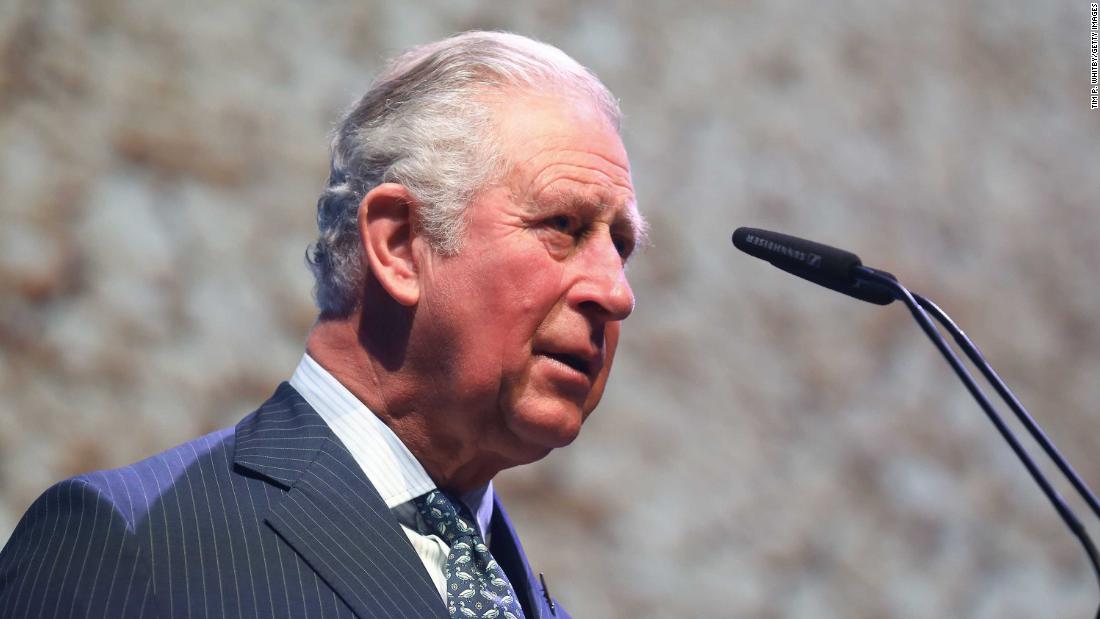Richard White
Senior Member
Great news for the 7 permanent residents!
Just stay away from room 237 ?
Great news for the 7 permanent residents!
Well now it's to late as community spread is common.Even people who didn't travel aren't respecting physical distance and staying at home. It's not just people who travelled.
Stories like this piss me off.

This Toronto restaurant owner was delivering food to families in need during the COVID-19 crisis. He ended up with a $400 towing bill
Sugo’s owner Conor Joerin was packing supplies into a van on Bloor Street when he was tagged and towed for parking illegally during rush hour.www.thestar.com
I don‘t care if you were delivering insulin to duflet-induced diabetes; don’t park illegally. Instead plan ahead. You’re lucky I don’t run parking enforcement in this province, as I would have illegally parked cars (and especially courier and shredder trucks) seized and auctioned.
That is true..South Korea currently has a rate of 176 infected people/1M. That high number I believe is a reflection of aggressive testing. But it is higher than the UK or even the US.
India was looking good according to the data, but according to a report I saw, they weren't testing, so you don't get data if you don't test.
The numbers are wordometer or on the WHO site tell a story, but not the whole story. There isn't a standard when it comes to testing or reporting. Some countries weren't including those with other health conditions as covid19 deaths, for example. Some countries simply aren't submitting their data. It's going to be a while before we get a clearer picture of all of this.
I think it's far too early to give kudos to any country at this point, because we simply don't know the true picture.
Are you from india? Ever been there
..know its history?.I am from india and born there ...trust me when they mean lockdown they mean lockdown...there have been many lockdowns in Indian history...will it be 100% successful no but they will lock down the country mostly in urban centers where needed and they really have no choice...
I am not saying we need to do that as india is a different culture and society.
I am saying many people have not respected self isolation in Canada when they travelled and more could have been done.
The lesson from this is that we need to be way more harsh on people who travelled during pandemics as they are the primary vectors of diease.
Flatten the curve seem you need to take steps apart from just using the honour system.
I am not from India, I was not born there, but yes, I am very familiar with it. And not just from maps or documentaries, LOL
Some of us are careful when we speak to make statements we can support.
Just so we're clear ( I know I'm repeating myself and apologize to those who read my posts); the epidemiological evidence indicates the majority of the human race will be infected with this virus at some point in the 10-14 months.
Virtually no action we can take will change that.
For the vast majority of those infected, this disease will not produce any symptoms.
For others it will be minor.
And for a small, but not insignificant minority, it will be serious, and potentially fatal.
The purpose of this action is not to avoid infection; its to slow the spread, and even-out the volume of serious cases such that local healthcare systems can cope.
That's what overwhelmed Wuhan for a time; and now Northern Italy.
Action is warranted. We do want to save lives.
But there is need to have some sense that brutal actions also cost lives.
Not 1 or 2, tragic as that may be; but many thousands or more.
One must strike an intelligent balance.
One must know that most people will get infected regardless.
What you're hoping to do is make that something that can be coped with better.
That may require (likely has and will) fairly severe action, for a time.
But one should never be happy about that; nor craving it.
One should never fail to realize in saving some lives, you are taking others.
We need evidence-based policy, not panic-based policy.
We also need to be mindful that the evidence is now clear, that in Wuhan, in Italy and in New York, restrictions on movement, including the closure of schools likely accelerated serious infections rather than reducing them.
We sent young children who carried infection, but were asymptomatic, home. Home to be with parents and grandparents who were much more vulnerable, particularly with long-term exposure to the virus.
Haste can make for terrible consequences.
Thing is if you let everyone get infected all at once people who won't normally die will die. As i said even if 10% of India got the virus in a few weeks it would kill millions.
Also, the evidence-based policy 2 weeks ago that closing borders was not needed, now we have the strictest border requirements of the western nations.
What i mean no one knows what is right or wrong 100%, not me or you or anyone here.
However, i am not sure how keeping tabs on people who should be self-isolating from travel is the brutal policy that may cost lives.
By not doing so we will have to take increasingly 'brutal actions' it seems. India is a perfect example, they were not taking Coronavirus seriousily at all.






